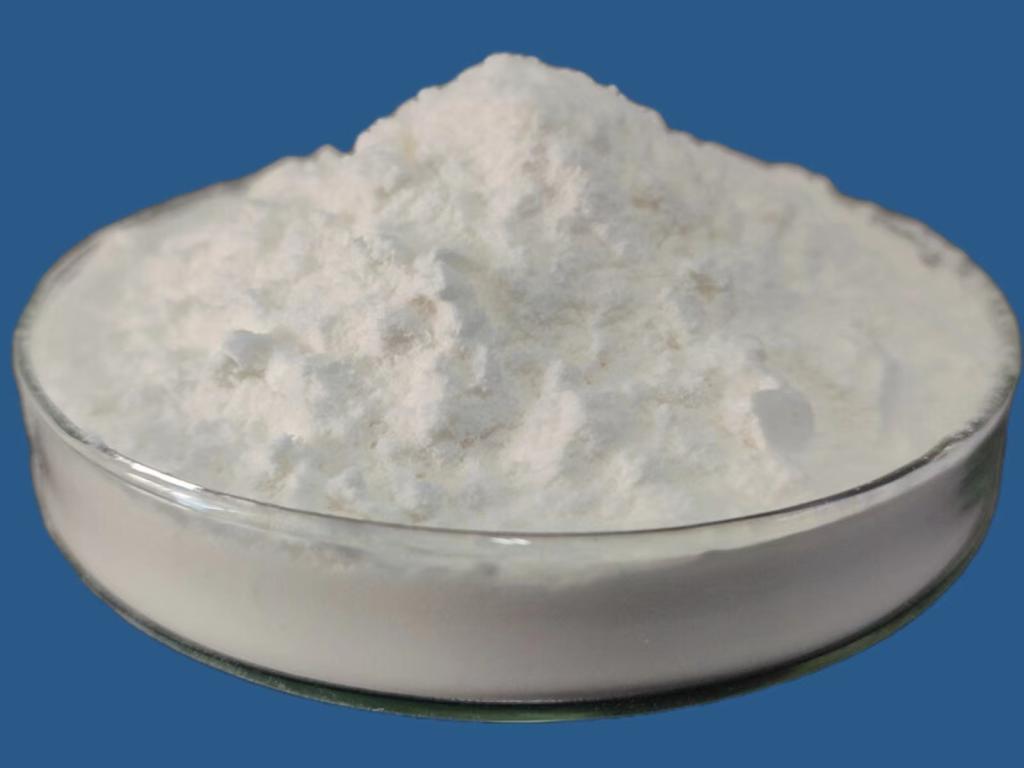Tel:+8618231198596

News
 CONTACT
CONTACT
 CONTACT
CONTACT
- Linkman:Linda Yao
- Tel: +8618231198596
- Email:linda.yao@dcpharma.cn
- Linkman:CHARLES.WANG
- Department:Overseas
- Tel: 0086 0311-85537378 0086 0311-85539701
News
Current Position:
Home >
News
>Global Collaboration: Addressing Colistin Sulfate Soluble Powder Challenges.
Global Collaboration: Addressing Colistin Sulfate Soluble Powder Challenges.
TIME:2024-01-10
Introduction:
Colistin Sulfate Soluble Powder has been instrumental in maintaining livestock health and preventing bacterial infections in agriculture. However, the escalating challenges associated with its use demand a global collaborative approach. This article introduces the importance of Colistin Sulfate in agriculture and sets the stage for an in-depth exploration of how global collaboration can address the complex challenges facing this antibiotic.
The Significance of Colistin Sulfate in Agriculture:
Before delving into challenges and collaborative solutions, it is crucial to understand the significance of Colistin Sulfate in agriculture. This section provides an overview of its applications, its role in preventing and controlling bacterial infections in livestock, and the broader implications for global food production. Establishing this foundation is essential for appreciating the necessity of international collaboration in preserving the utility of Colistin Sulfate.
Antibiotic Resistance: A Global Concern:
Antibiotic resistance is a pervasive global concern, and Colistin Sulfate is not exempt from this challenge. This section explores the mechanisms of antibiotic resistance, the emergence of Colistin-resistant strains, and the potential transfer of resistance genes between bacteria. The interconnected nature of antibiotic resistance underscores the need for collaborative efforts on a global scale to combat this threat.
Environmental Impact and Residue Concerns:
The use of Colistin Sulfate in agriculture raises concerns about its environmental impact and the potential presence of residues in animal products. This section discusses how Colistin Sulfate can contribute to environmental pollution and antibiotic residues, emphasizing the importance of global cooperation in mitigating these impacts. Strategies for responsible use, waste management, and sustainable practices are explored.
Regulatory Complexities and Harmonization:
The regulatory landscape surrounding Colistin Sulfate varies globally, posing challenges to uniform guidelines and standards. This section examines the regulatory complexities associated with Colistin Sulfate in different regions and the need for harmonization. Global collaboration is essential to establish common frameworks, facilitate information exchange, and ensure consistent regulatory oversight to address challenges effectively.
Antimicrobial Stewardship Initiatives:
Antimicrobial stewardship is a fundamental component of responsible antibiotic use. This section explores the role of global collaboration in developing and implementing antimicrobial stewardship initiatives. Sharing best practices, educational programs, and surveillance data on antibiotic use contribute to fostering a culture of responsible use and mitigating the risk of antibiotic resistance.
Research and Development: Novel Alternatives and Formulations:
The pursuit of novel alternatives and formulations for Colistin Sulfate requires concerted global research and development efforts. This section discusses collaborative initiatives aimed at discovering new antibiotics, exploring alternative antimicrobial agents, and developing innovative formulations to enhance the efficacy and sustainability of Colistin Sulfate. International collaboration in research accelerates progress and expands the toolkit for managing bacterial infections in agriculture.
International Surveillance Networks:
Surveillance of antibiotic use and resistance patterns is integral to informed decision-making and policy development. This section explores the establishment of international surveillance networks dedicated to monitoring Colistin Sulfate use and resistance. By fostering collaboration in data collection, analysis, and reporting, these networks contribute to a comprehensive understanding of the global landscape and facilitate targeted interventions.
Cross-Border Cooperation: Sharing Best Practices:
Sharing best practices and experiences among countries is essential for optimizing Colistin Sulfate use. This section highlights the importance of cross-border cooperation in sharing insights into successful strategies, challenges faced, and lessons learned. Collaborative platforms, such as international conferences and forums, provide opportunities for stakeholders to exchange knowledge and work towards common goals.
Capacity Building and Education:
Global collaboration extends to capacity building and education initiatives to enhance awareness and competence in the responsible use of Colistin Sulfate. This section explores collaborative programs aimed at training veterinarians, farmers, and other stakeholders on antibiotic stewardship, sustainable practices, and the implementation of alternative strategies. Building a global community of practice contributes to a shared commitment to responsible antibiotic use.
Industry Engagement and Responsible Practices:
The engagement of the agricultural industry is crucial in addressing Colistin Sulfate challenges. This section discusses the role of industry stakeholders in adopting responsible practices, investing in research and development, and supporting global collaborative initiatives. Partnerships between industry, academia, and government entities can drive sustainable solutions and promote the responsible use of Colistin Sulfate.
Conclusion:
In conclusion, Colistin Sulfate Soluble Powder faces multifaceted challenges that necessitate global collaboration. From antibiotic resistance to environmental impact and regulatory complexities, addressing these challenges requires a united front of researchers, policymakers, industry stakeholders, and the broader global community. By fostering collaboration, sharing knowledge, and implementing responsible practices, the international community can safeguard the utility of Colistin Sulfate in agriculture, ensuring its continued effectiveness and contributing to global food security in a sustainable manner.
- Tel:+8618231198596
- Whatsapp:18231198596
- Chat With Skype







